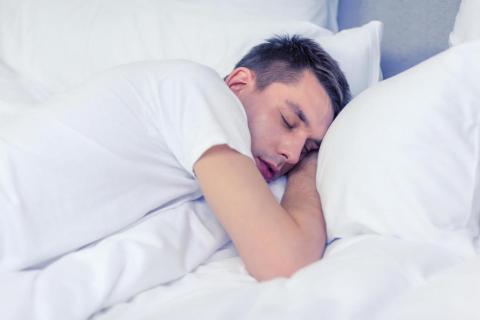
A study which focused on patients with intellectual disabilities who reside in care homes found that seizures marked with convulsions that occur at night are more likely to be associated with sudden unexpected death in epilepsy (SUDEP).
The research team from Leiden University Medical Center (Netherlands) examined the medical records of patients who died as a result of SUDEP from two different residential care homes over a 25 year period (1987 – 2012). The investigators identified 60 cases of SUDEP along with 198 different age and residential control cases. They then correlated the degree of night time supervision (e.g, no supervision; a listening device, roommate, or physical checks at 15-minute intervals; or 2 of the following: a listening device, roommate, additional device, or physical checks at 15-minute intervals) with outcomes.
The total number of SUDEP instances was 3.53 cases per thousand patients. The first residential centre incidence rate was 2.21 cases per thousand patients in comparison to the second centre where a rate of 6.12 cases per thousand was recorded. Cases of SUDEP from the first centre had higher grade of nocturnal supervision than SUDEP cases from the second centre. A larger proportion of patients with SUDEP were more likely to have nocturnal convulsive seizures compared with control participants. Patients with SUDEP were also more likely to have a higher frequency of nocturnal convulsive seizures.
As nocturnal seizures and sleeping position often are factors in SUDEP, investigators emphasized the importance of nocturnal supervision.
